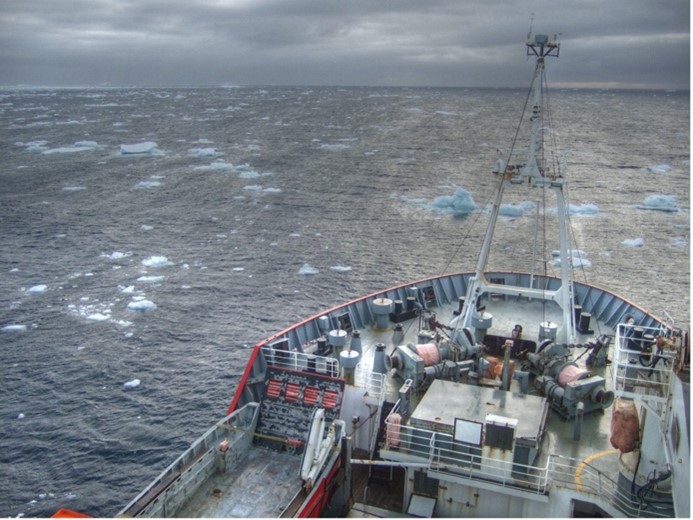Research Experience Placement is a summer placement scheme funded by NERC, aimed at undergraduate students to address demographic and diversity-related challenges in the environmental sciences as well as thematic skills gaps (e.g. quantitative skills).
We will create opportunities for interns to network with each other and the current SENSE PhD students. We plan to keep in touch with our interns after they complete their internship and support them with their future PhD applications.
Placement Details, Funding and Reporting
- We have 11 REPs available for the Summer 2023
- Placements duration is 6 weeks full time the summer vacation period (mid-June to the end of August). They include 4 days of annual leave which will have to be taken in agreement with the project supervisor. Exact dates will be at the discretion of the project supervisor.
- Placements are paid at the University grade UE03 (£355.35 per week).
- Placements can take place remotely or dependant on the supervisor on campus however there is no additional cost for relocation/accommodation.
- For remote placements there will be funding for a short visit to the base university to meet the supervisory team.
- Students will need to be in the UK due to employment regulations.
- The student and the project supervisor at the host organisation will be required to complete a brief online report on the outcome of the placement at the end of the placement.
Eligibility of students
Be studying for an undergraduate degree (minimum second year) in a any science discipline (this includes maths, engineering, computing, geosciences and all sciences) .
Applications are open from students from all universities not just the host universities however potential applicants should be aware that no relocation or travel costs will be paid.
Students must meet ALL of the following criteria to be eligible to apply for a REP. The students must:
- Be undertaking their first undergraduate degree studies (or integrated Masters) in a UK Higher Education institution – please note that students who have already graduated are not eligible for this scheme.
- Be eligible for subsequent NERC PhD funding, i.e. be either:
- an UK citizen OR
- an EU citizen with pre- or settled status under the EU Settlement Scheme OR
- a non-EU citizen who have obtained the right to remain in the UK – known as ‘indefinite leave to remain’ (ILR) OR
- an International/EU student already studying in the UK and currently under a Tier 4 or Student Route Visa with validity until at least September 2023
REPs do not meet the requirements for a visa request therefore non-UK students who are not currently living in the UK or who are without a suitable UK visa are not eligible to apply.
Application Process
You may apply for a maximum of two internships and should tailor your application to each project
For both institutions the following documents will be required. Please make sure you indicate clearly which project you are applying for.
A current CV (including contact details for two referees)
A short (one page) statement on your motivation for applying for a placement
A transcript of current marks (a screen shot from your university record system is sufficient)
Please email supporting documents to sense.recruitment@ed.ac.uk, with the internship you are applying to as the subject.
Deadline Midnight on 29th May 2023
All shortlisted applicants will be required to attend a short online interview with the project team.
Successful candidates will be notified in mid June
The start and end date for the internships will be agreed by the intern and the project team but must be completed by mid September 2023.
Internships Available – more projects coming soon
At the University of Leeds:
How threatened are UK trees by heat and drought waves? Deadline extended to 15/6/23
Lead Supervisor: Professor Emanuel Gloor

Which glaciers are most at risk of sudden collapse?
Lead Supervisor: Dr Liam Taylor

Resolving mountainous topography with satellite data to inform natural hazards research
Lead Supervisor: Dr C. Scott Watson
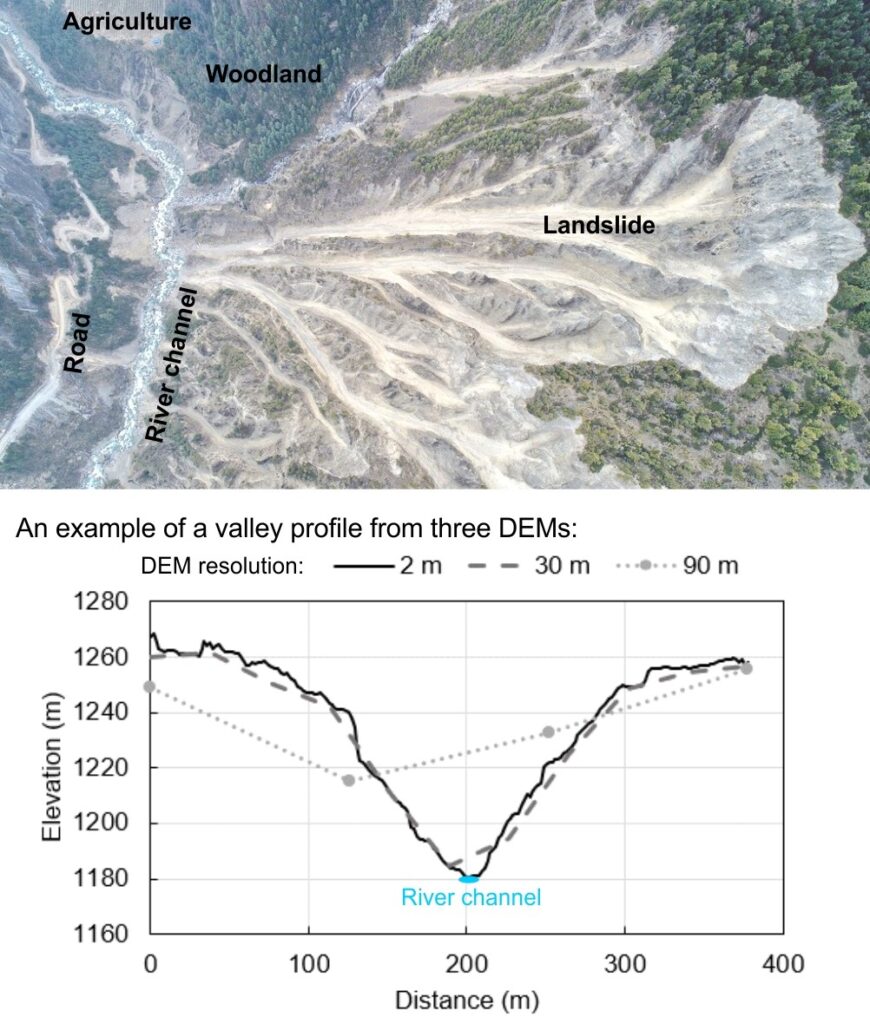
Understanding deep water formation in the Southern Ocean
Lead Supervisor: Jenny Cocks

How effective are NFM interventions? Trialling monitoring and quantification methods at Fountains Abbey
Lead Supervisor: Prof David Hodgson
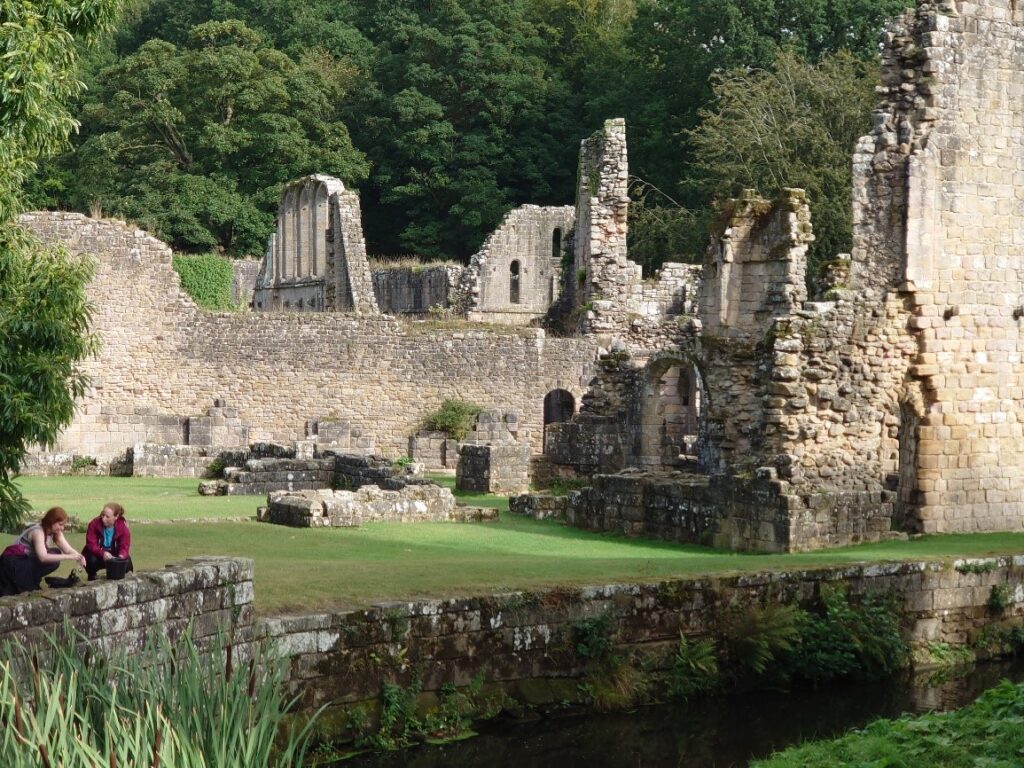
At the University of Edinburgh:
Machine learning approaches for super-resolution problems
Lead Supervisor:
Dr Stuart King
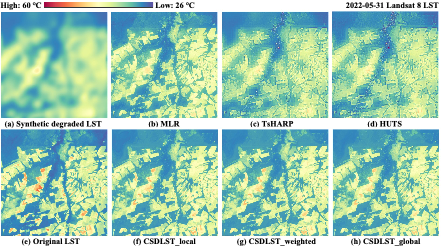
Mapping Scotland’s Mountain Snow
Lead Supervisor:
Professor Richard Essery

Can earth observations detect drought in Californian ecosystems?
Lead Supervisor:
Professor Mathew Williams
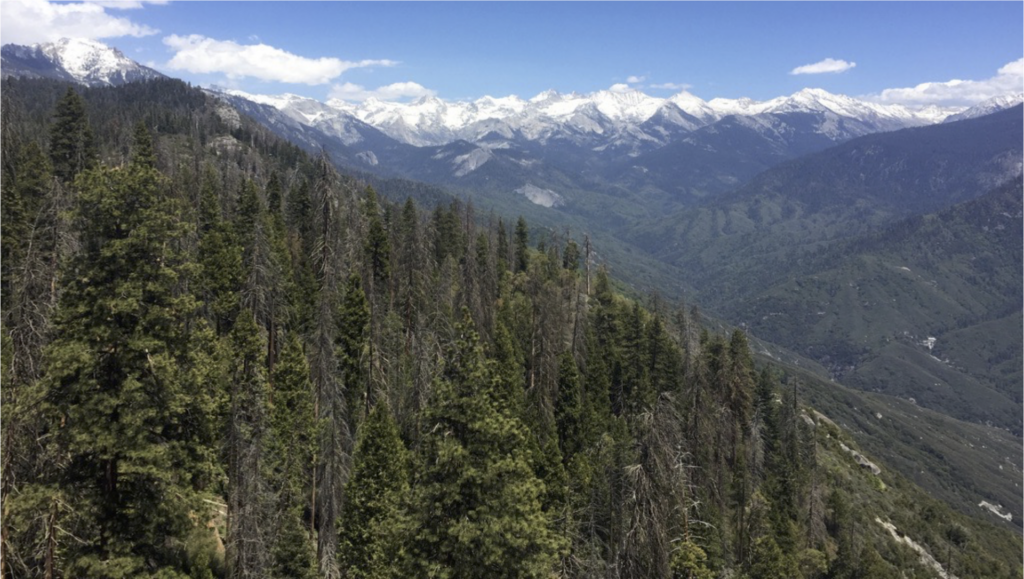
Understanding the spatial patterns of agriculture in southern Africa
Lead Supervisor:
Dr Casey Ryan

Impact of Nuclear War on the Carbon Cycle
Lead Supervisor:
Professor Simon Tett

With National Oceanography Centre (NOC):
Trapping carbon in the ocean: physical and biological uptake and storage in the Southern Ocean and Southeast Pacific
Lead Supervisor:
Dr Alice Marzocchi
